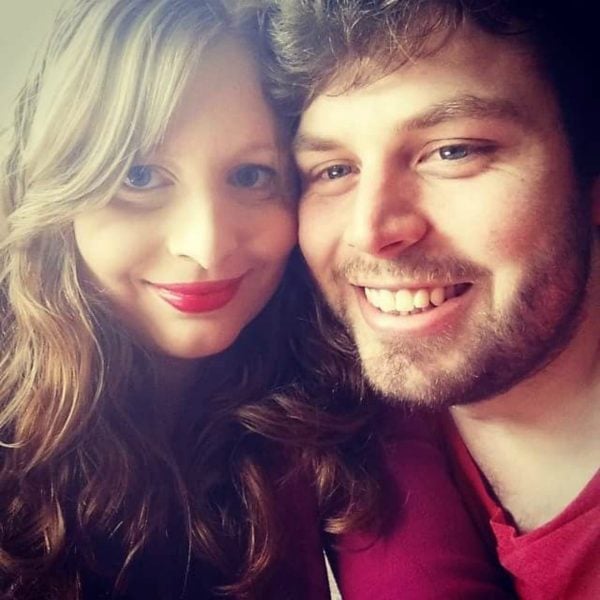
A few years ago now, I learnt that some of the people closest to me were actively telling others – including my doctor – that I had Munchausen’s.
They knew, you see, because things didn’t add up.
My illnesses changed or I had symptoms that didn’t make sense.
I wasn’t getting better, and I was seeing more doctors, and the more specialists I saw, the more confusing my ailments became.
Sometimes, when sharing news about my health or whatever the latest results of whatever surgery or test I’d had, my friends thought it was weird that I seemed hopeful, or cheerful, or just too happy.
You know, like a person with Munchausen’s would.
I began to adopt a monotone when discussing my illness, tired of being labelled as ‘melodramatic’, and being questioned why I appeared positive when sharing news that wasn’t always positive (apparently, I never received the handbook on how to deal with chronic illness to make other people comfortable, and used a ‘happy’ voice to mask my own fears). If my voice was monotoned, I reasoned, I couldn’t be accused of behaving dramatically. I would just state the facts, and perhaps my less-than-happy demeanour would illustrate that yes, being sick wasn’t something I was okay with, and I was having difficulties coming to terms with the idea of being chronically ill.
All of this, I would learn, was kept from me by my friends, until my bridesmaid and former friend told me the truth: ‘It just didn’t seem believable,’ was her defence. ‘You were always sick, and your voice went funny and it just seemed weird.’



Top Comments
As someone with chronic illnesses on top of my congenital syndrome (that is so rare I was the 3rd person in aus, 10th in the world diagnosed, and I now know the 2 people older than me), it is impossible to remember every surgery (most of my spinal surgeries were before I was even in school, 10 in total then), every treatment (most I was given twilight gas for) every test, every doctor. The doctors can’t even figure out every ailment (currently about to start different treatments for a headache I have had no -stop, as in 24/7, for 6months and MORE testing because my brain MRI was clear) so how the hell am I meant to? I lost all of my friends, 85% of my family and my career over it, but to them I just “play on it” to make it “sound worse than it is” because when they see me, I have had to dose up on medications to be up to seeing them! They don’t see me not being able to clean my house (I’m “just lazy”) or even able to get out of bed to go to the toilet some days without it taking me 10+ minutes. They only see me on a good or semi-good day. They don’t see me needing to use a walker just to go in to the shops to get bread and milk, or it taking me days to recover from socialising, it taking me 2+hrs to do grocery shopping and then being too sore and tired to put the groceries away when I get home. Or for example, me passing out an hour after I get home from work, because the past 2 days of work have been really busy and I need money to live so need a job (have been on Centrelink disability which in itself is a humiliating process to try and be approved for, but not sustainable to live on!). I missed 5 phone calls and 7 texts after passing out, but of course woke up in pain because I forgot my nighttime dose of medication and now at 12:30am can’t get back to sleep (insomnia being another side effect, I average 3hrs sleep a night).
But to them, they don’t see any of that, they just see me happy because having disabilities is isolating, so to interact with people, as exhausting as it is, is actually a huge, big exciting deal for me.